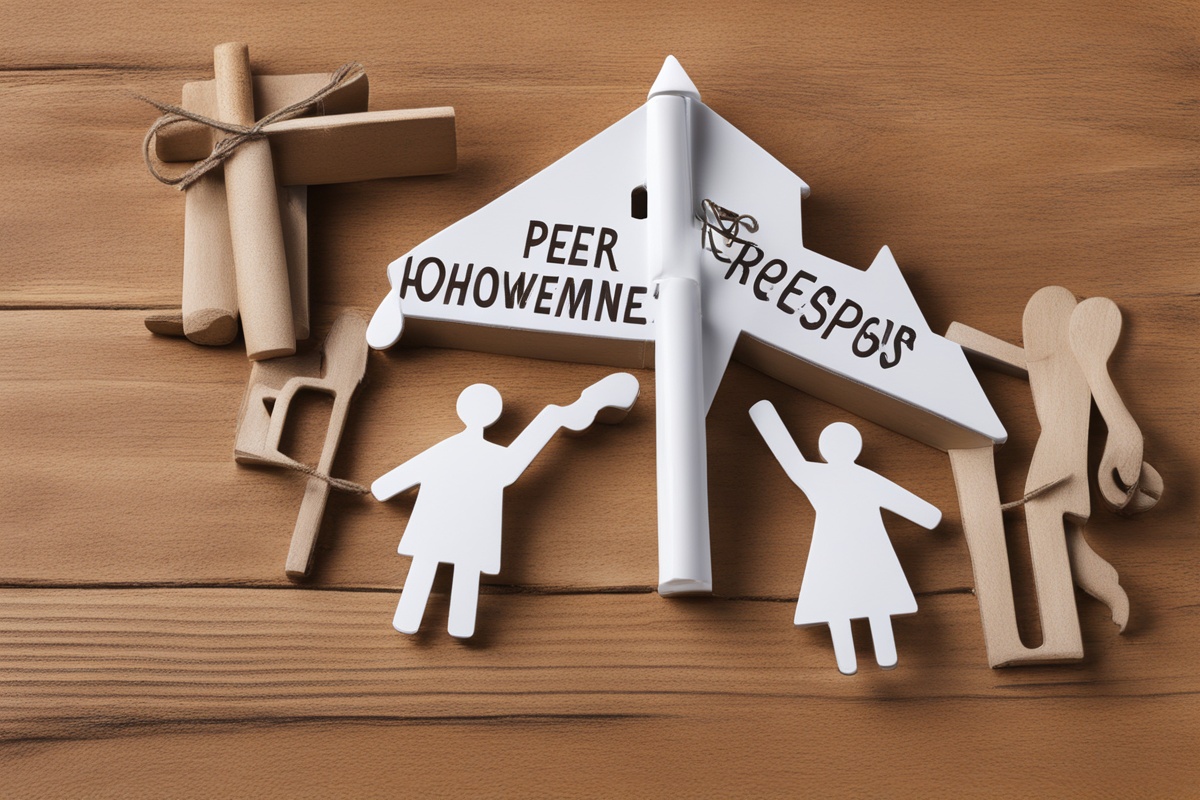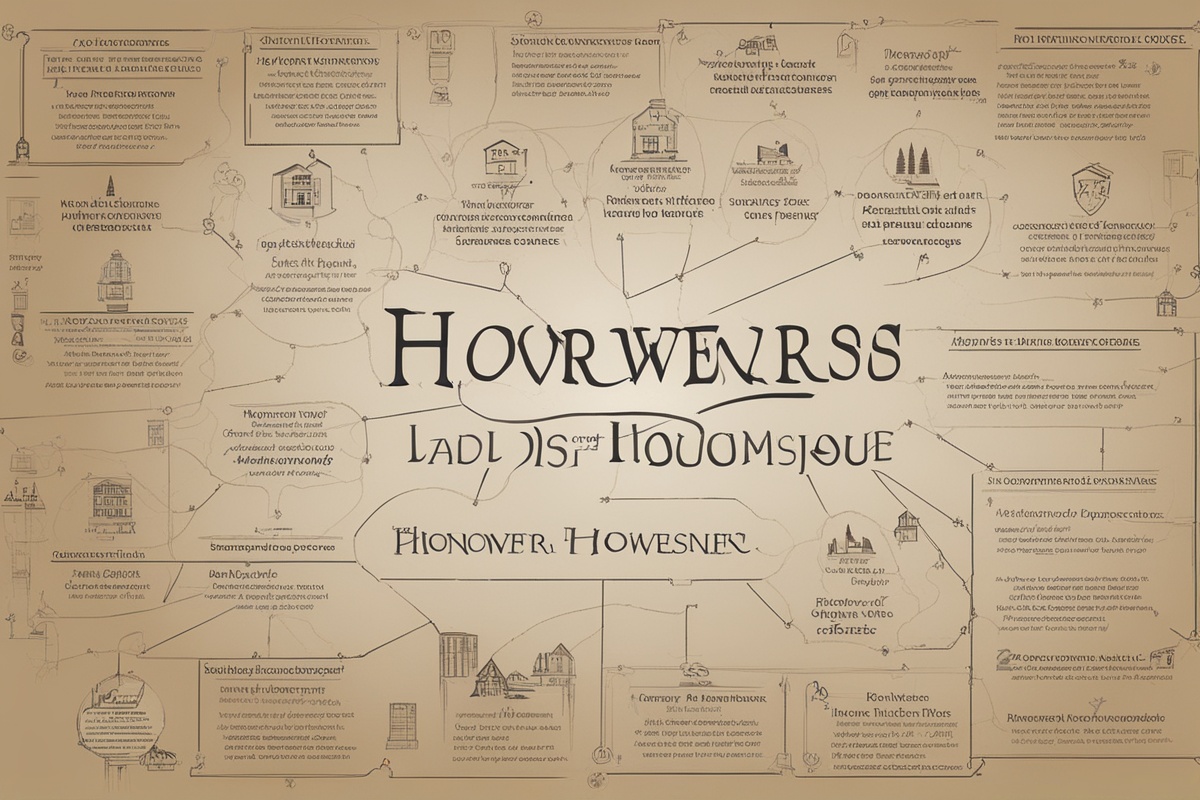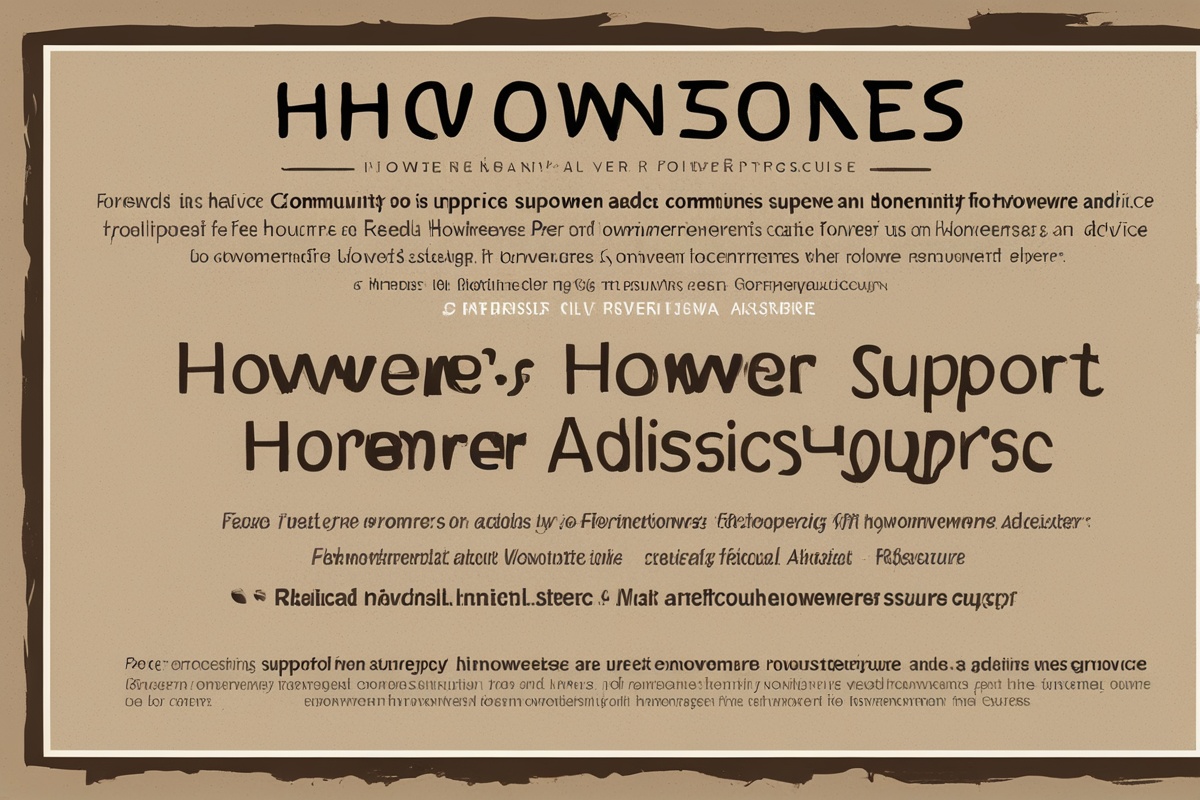Owning a home is a dream for many, but it often comes with unexpected hurdles, especially when it comes to local property challenges. From zoning laws and property taxes to neighborhood disputes and environmental regulations, navigating these issues can feel overwhelming. Fortunately, homeowner support groups provide a valuable platform for individuals to come together, share experiences, and find solutions. In this post, we’ll explore the importance of navigating local property challenges together and how joining a community of homeowners can make a significant difference in overcoming these obstacles.
The Importance of Community in Tackling Property Challenges
Local property challenges are rarely faced in isolation. Whether it’s a sudden increase in property taxes or a proposed development that could affect your neighborhood, these issues often impact entire communities. By navigating local property challenges together, homeowners can pool their knowledge, resources, and influence to create meaningful change. Support groups offer a space to discuss shared concerns, brainstorm solutions, and even organize collective action, such as petitions or town hall meetings.
Joining a homeowner support group also provides emotional support. Dealing with property issues can be stressful, and having a network of like-minded individuals who understand your struggles can make the process less isolating. Together, you can share tips, recommend trusted professionals, and stay informed about local policies that might affect your home.
Common Local Property Challenges Homeowners Face
Every region has its unique set of property-related challenges, but some issues are common across the board. Understanding these problems is the first step in navigating local property challenges together. Here are a few examples:
- Zoning and Land Use Regulations: Local zoning laws can restrict how you use your property, whether it’s building an addition or running a home-based business.
- Property Tax Increases: Sudden spikes in property taxes can strain budgets, especially for fixed-income homeowners.
- Neighborhood Disputes: Issues like noise complaints, boundary disputes, or homeowners’ association (HOA) conflicts can create tension.
- Environmental Regulations: Rules around water usage, tree removal, or flood zones can limit what you can do with your property.
- Infrastructure Projects: Nearby road expansions or commercial developments can impact property values and quality of life.
By joining forces with other homeowners, you can stay ahead of these issues and work toward fair resolutions. Check out our post on Dealing with HOA Conflicts for more insights into resolving neighborhood disputes effectively.
How Homeowner Support Groups Help in Navigating Challenges
Homeowner support groups are invaluable when it comes to navigating local property challenges together. These groups often consist of individuals from the same area who are familiar with the specific regulations, policies, and issues affecting their community. Here’s how they can help:
- Sharing Knowledge: Members often have firsthand experience with local laws and can offer advice on dealing with specific challenges.
- Organizing Advocacy: A group of homeowners has more influence than an individual. Together, you can advocate for changes in local policies or challenge unfair regulations.
- Access to Resources: Many groups connect members with legal experts, contractors, or government officials who can provide guidance.
For more on how communities can advocate for change, read our article on Community Advocacy for Homeowners.
Steps to Start or Join a Homeowner Support Group
If you’re ready to start navigating local property challenges together, joining or forming a homeowner support group is a great first step. Here’s how to get started:
- Research Existing Groups: Look for local organizations or online forums focused on homeowner issues in your area. Websites like Nextdoor or Facebook often host community groups.
- Attend Meetings: Join a meeting or event to see if the group aligns with your needs and concerns.
- Start Your Own Group: If no group exists, consider creating one. Use social media or local bulletin boards to connect with other homeowners.
- Set Goals: Focus on specific challenges, such as property tax reform or zoning issues, to give your group direction.
- Build a Network: Partner with other local organizations or HOAs to expand your reach and resources.
Curious about using online platforms to connect with other homeowners? Our guide on Leveraging Social Media for Homeowner Support offers practical tips.
Success Stories: Communities Overcoming Property Challenges
Across the country, countless homeowner groups have successfully tackled local property challenges by working together. For instance, in a small town in California, a group of homeowners banded together to oppose a commercial development that threatened to disrupt their quiet neighborhood. By navigating local property challenges together, they organized petitions, attended city council meetings, and ultimately convinced local officials to reconsider the project.
In another case, a Florida community faced skyrocketing property taxes after a reassessment. A local support group helped residents appeal their assessments, saving many homeowners thousands of dollars. These stories highlight the power of community action and the importance of collaboration.
Tips for Effective Collaboration in Homeowner Groups
While joining a support group is a fantastic way to address property challenges, effective collaboration is key to success. Here are some tips for navigating local property challenges together within a group:
- Communicate Openly: Share your concerns and listen to others to build trust within the group.
- Stay Organized: Assign roles and responsibilities, such as research or event planning, to keep initiatives on track.
- Be Respectful: Property issues can be emotional, so maintain a respectful tone during discussions.
- Focus on Solutions: Rather than dwelling on problems, work toward actionable steps to address challenges.
For additional strategies on working as a team, explore our post on Building Strong Homeowner Communities.
Disclaimer: The information provided in this post is for general informational purposes only and should not be considered legal, financial, or professional advice. Property laws and regulations vary widely by location, and individual circumstances may differ. We encourage readers to consult with qualified professionals, such as attorneys or local government officials, before taking action on any property-related issues. The authors and publishers of this content are not responsible for any decisions or actions taken based on the information provided.
References
- Nolo: Understanding Property and Zoning Laws
- IRS: Property Tax Deductions and Information
- EPA: Summary of Environmental Laws and Regulations
- HUD: Home Ownership Resources
- CFPB: Understanding Homeowners Associations (HOAs)
This content is for informational purposes only and not a substitute for professional advice.





